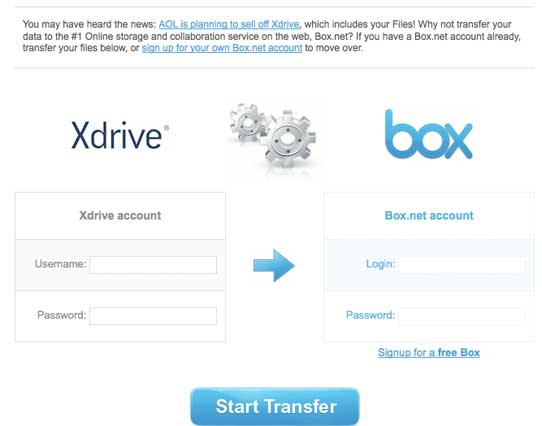 When the original merger between Time Warner and AOL was announced in January 2000, it was heralded as a landmark merger between old and new media. Those rosy predictions never materialized, and as dialup faded away the company never recovered.
When the original merger between Time Warner and AOL was announced in January 2000, it was heralded as a landmark merger between old and new media. Those rosy predictions never materialized, and as dialup faded away the company never recovered.
Google’s five percent stake in the company will be bought back. From there, the company would be spun off to Time Warner shareholders and run by current AOL chief Tim Armstrong. All of this should be completed by the end of the year.
According to Kara Swisher, Armstrong is set to make some significant changes to the business structure of the company. It would keep the access business that it has rather than sell it, and put all its acquisitions into a separate ventures division and look for outside funding.
Certainly none of this is coming out of left field. Most of us have known for a a long time (rumors of a spin-off/sale of AOL have been circulating for at least four years now) that something had to happen.
It will be interesting to watch and see where the company goes from here. Reports indicate that Armstrong is set to focus more on the traditional brands of AOL, AIM, and ICQ in an attempt to reconnect with consumers. Will it work? I’m not sure, but it’s worth a shot.

 One of the longest-running rumors in tech (it dates
One of the longest-running rumors in tech (it dates  Monday? Again? Here’s what’s newsy:
Monday? Again? Here’s what’s newsy: Venture capitalists telling the startups they invest in that
Venture capitalists telling the startups they invest in that  A few weeks ago, I blogged about the fact that AOL has
A few weeks ago, I blogged about the fact that AOL has 

 Here’s an insight: It’s never a great feeling to wake up to the possibility that an Estonian is running around with a homemade ATM card for your bank account. This and other news after the jump.
Here’s an insight: It’s never a great feeling to wake up to the possibility that an Estonian is running around with a homemade ATM card for your bank account. This and other news after the jump.